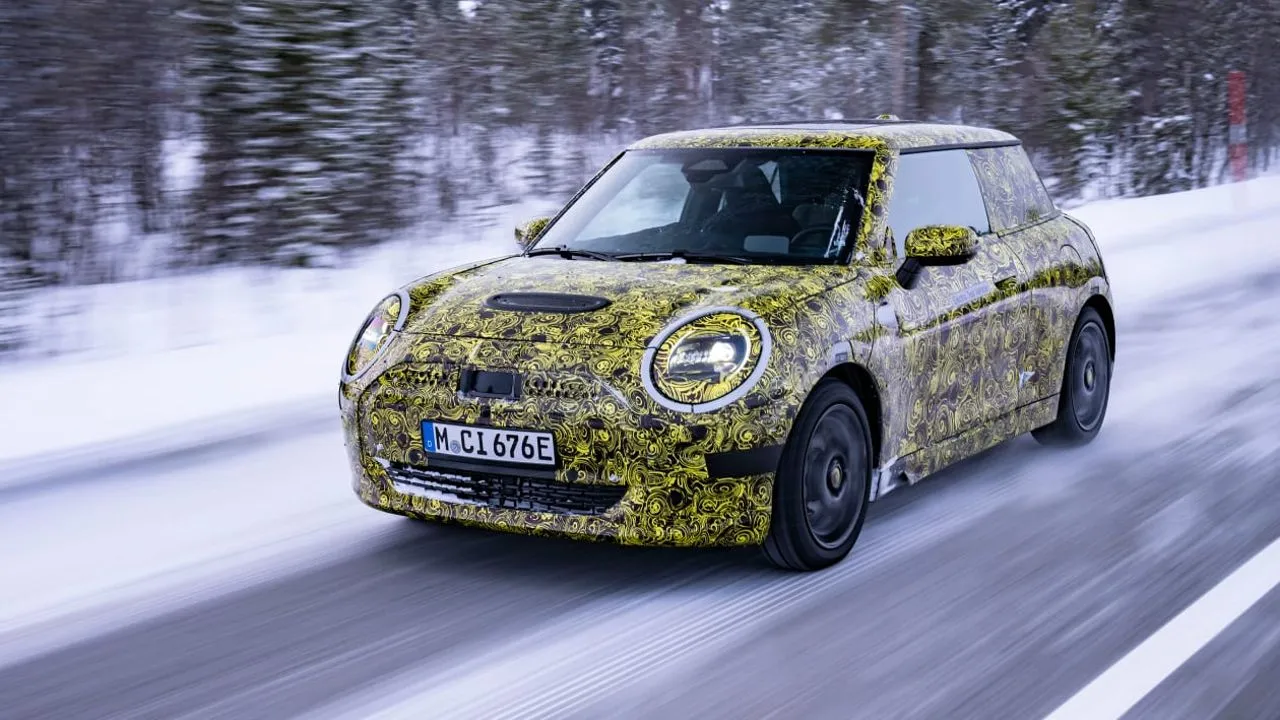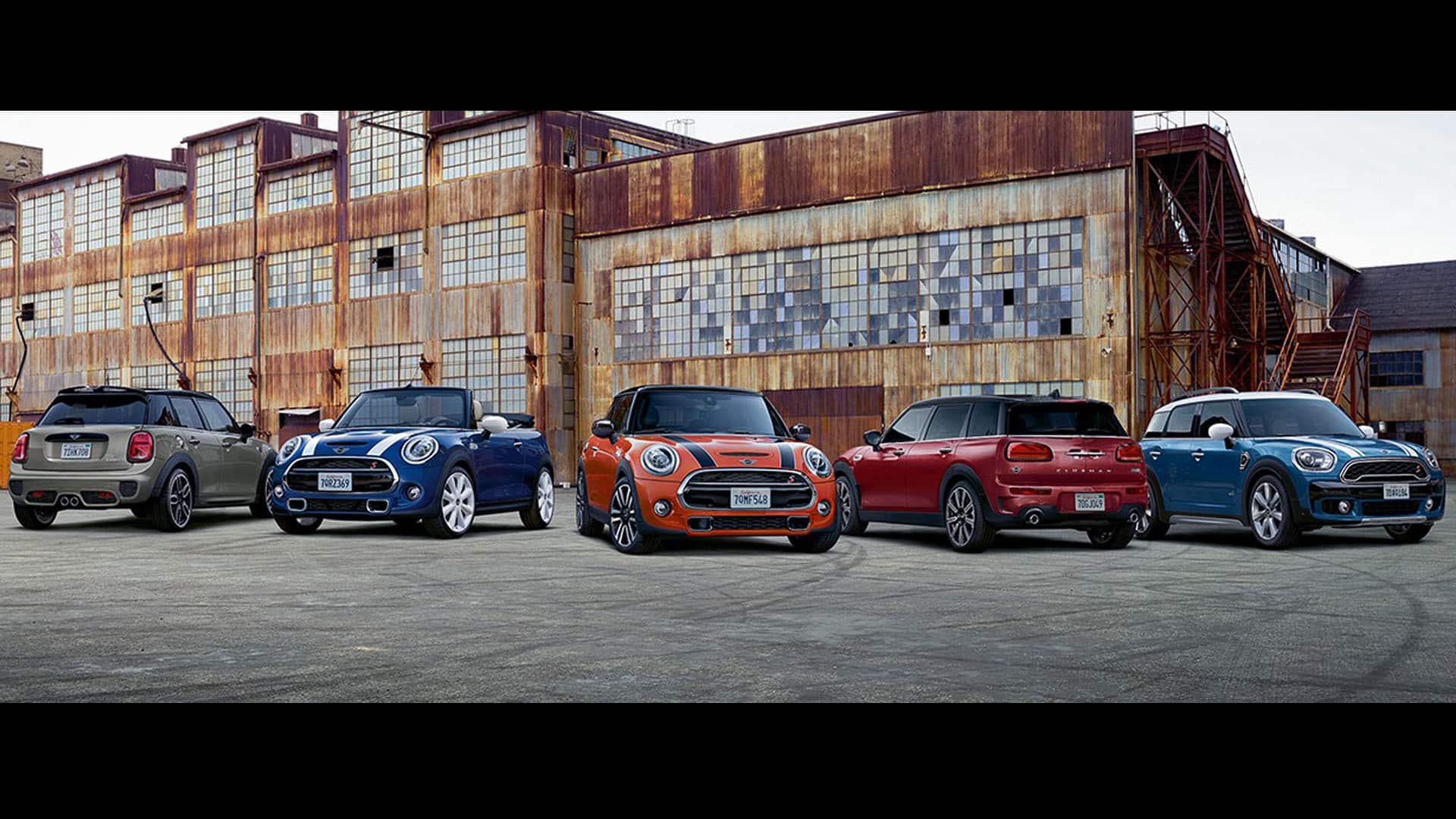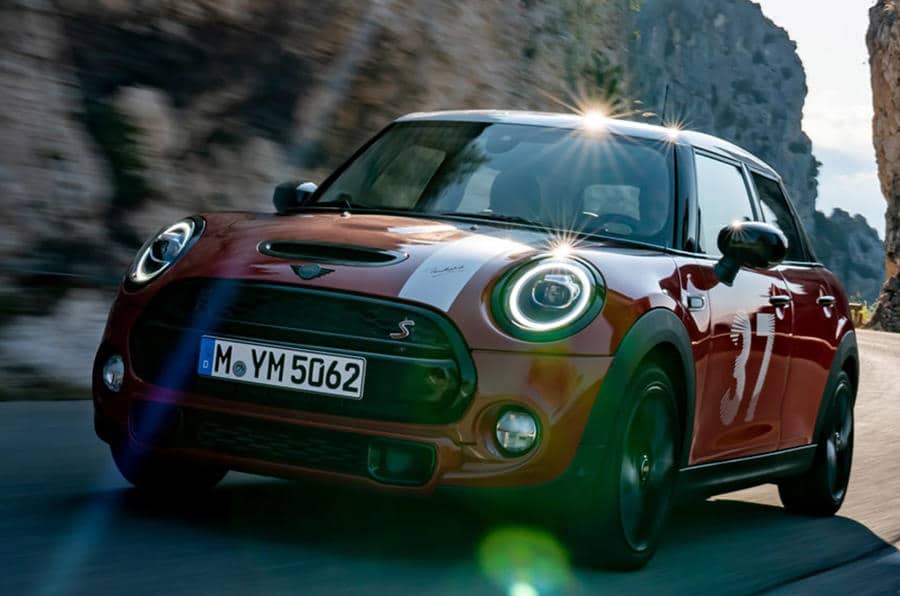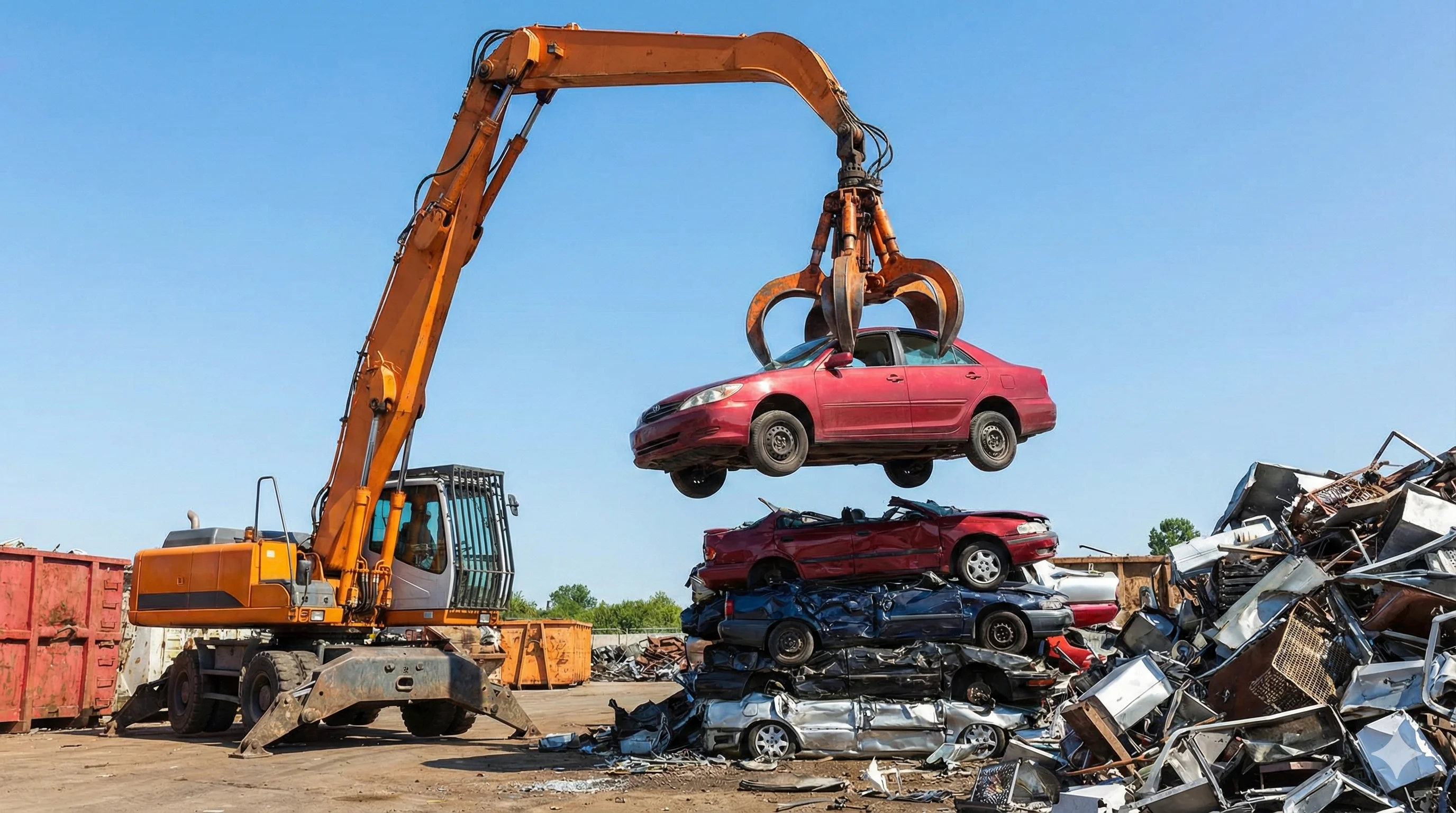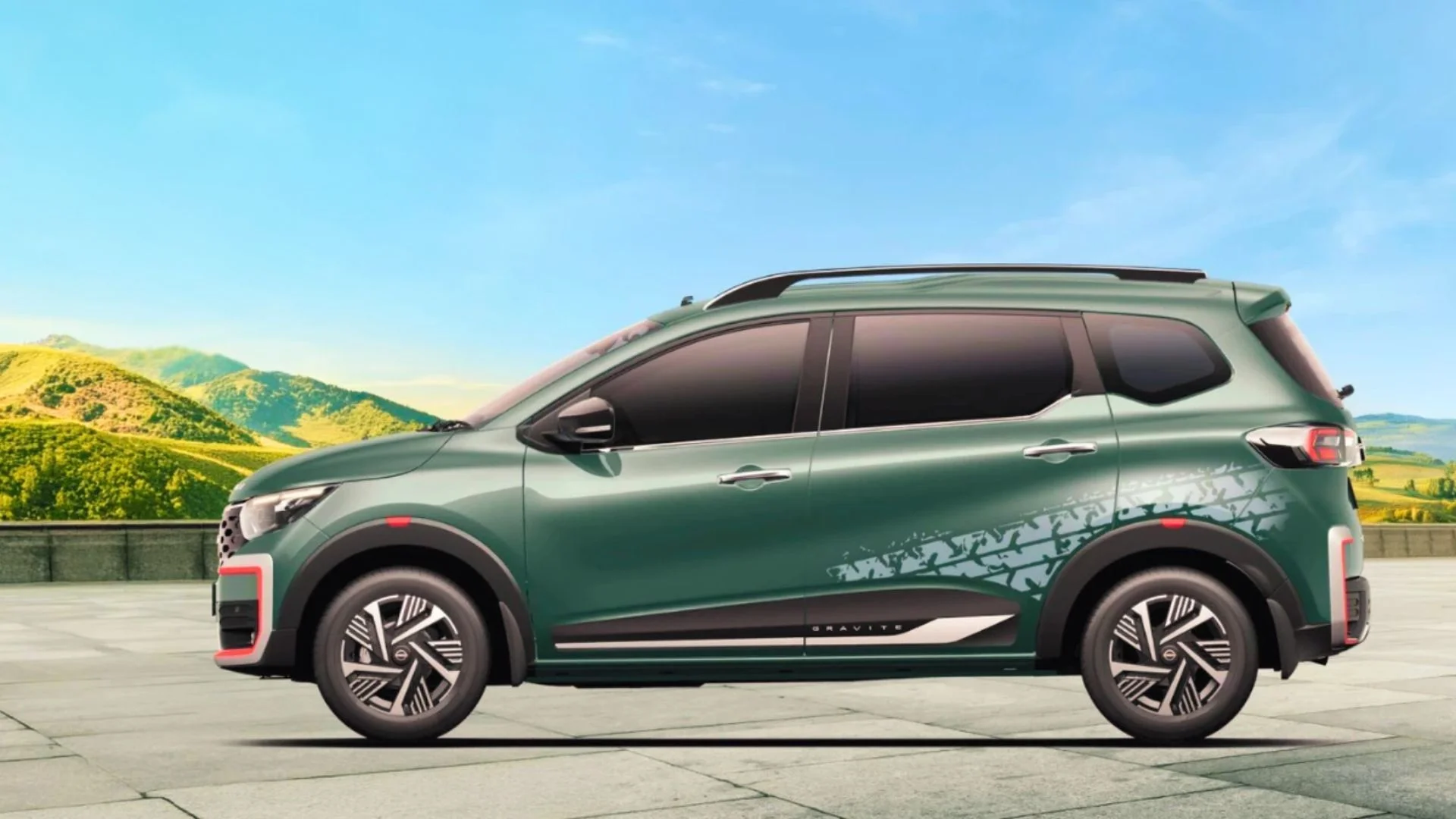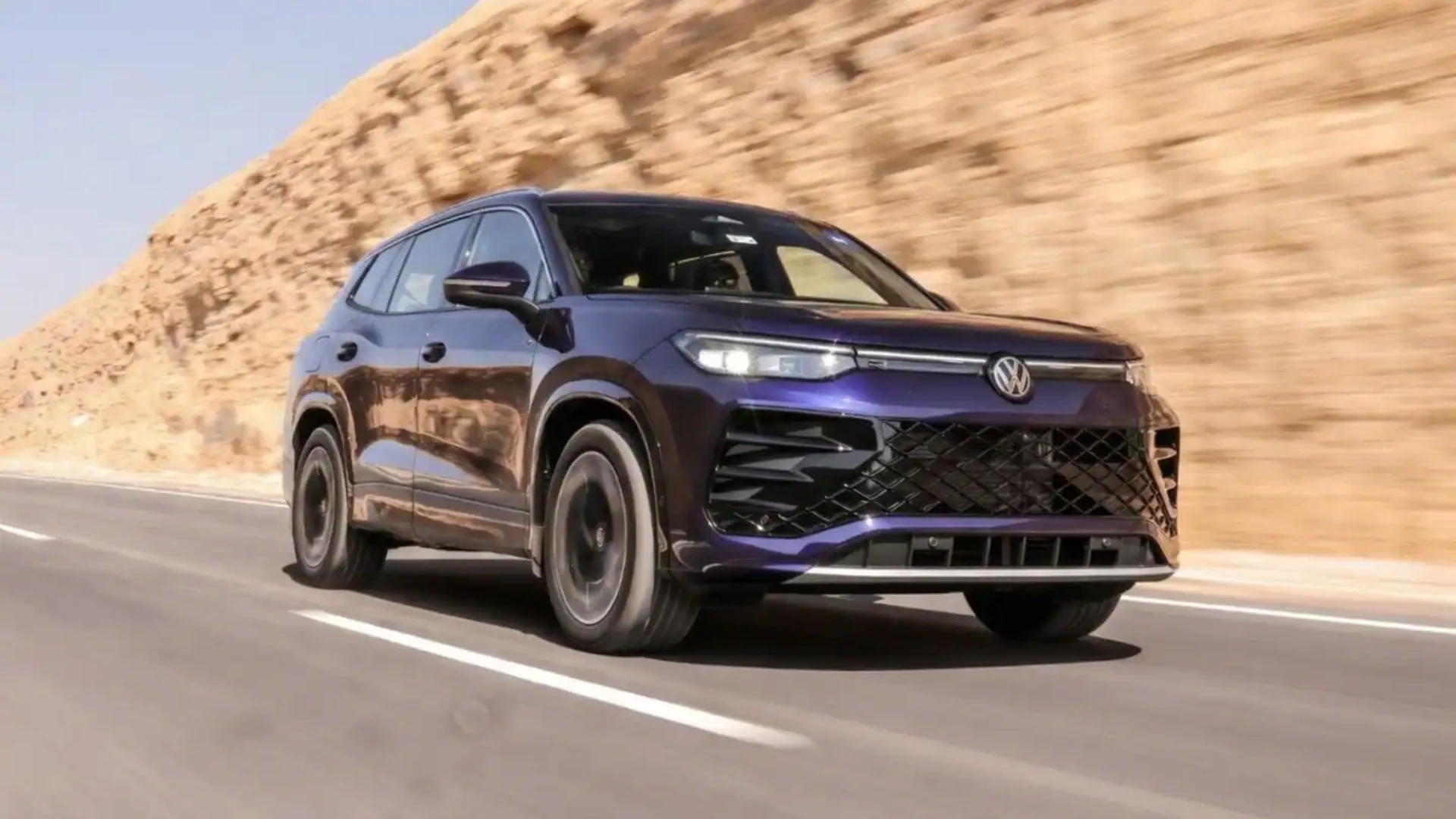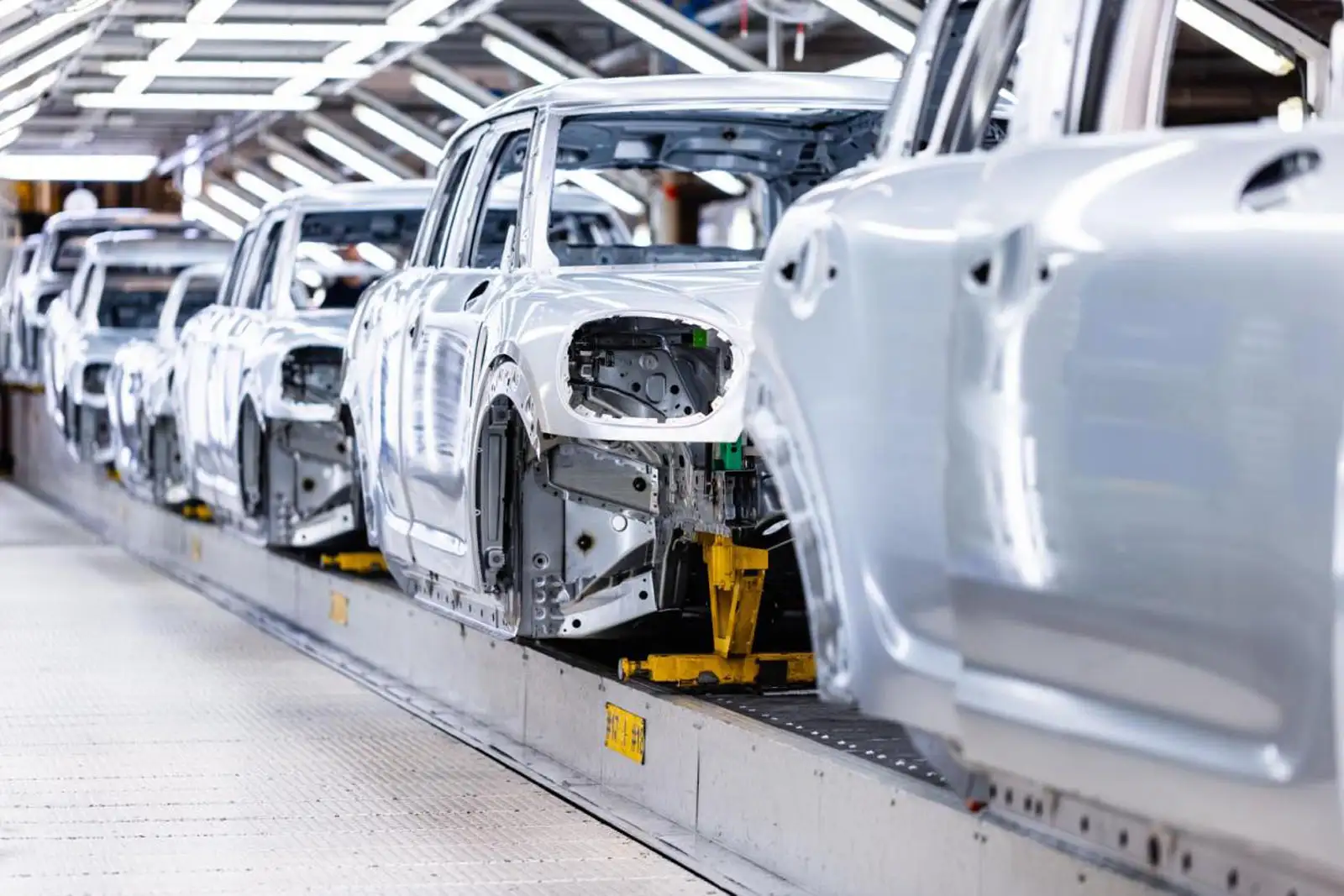
Table of Content
▼It's a brisk morning in Born, Limburg, as the last Mini Cooper Cabrio rolls off the production line at the VDL Nedcar plant. This moment marks more than just the end of a model; it signifies the cessation of car production in the Netherlands, and turns a page in the country's industrial history. As the engine of the last car falls silent, the air is filled with a mixture of pride and sadness among the workers. For many, VDL Nedcar was not just a workplace, but a beacon of Dutch manufacturing prowess.
A Legacy Comes to an End
Established by DAF in 1967, the VDL Nedcar plant has weathered the storm of ownership changes and global economic ebbs. From Volvo to Mitsubishi and finally to the Eindhoven-based VDL Group in 2012, the plant's journey has been a symbol of wider changes in the automotive industry. At its peak, the plant had a workforce of 9,000 people and an annual production of more than 200,000 vehicles. However, the termination of the contract with BMW puts an end to this era in a poignant way. Despite strenuous efforts, a successor was not found to continue Nidkar's automobile production legacy, leaving a void in the Netherlands' industrial landscape.
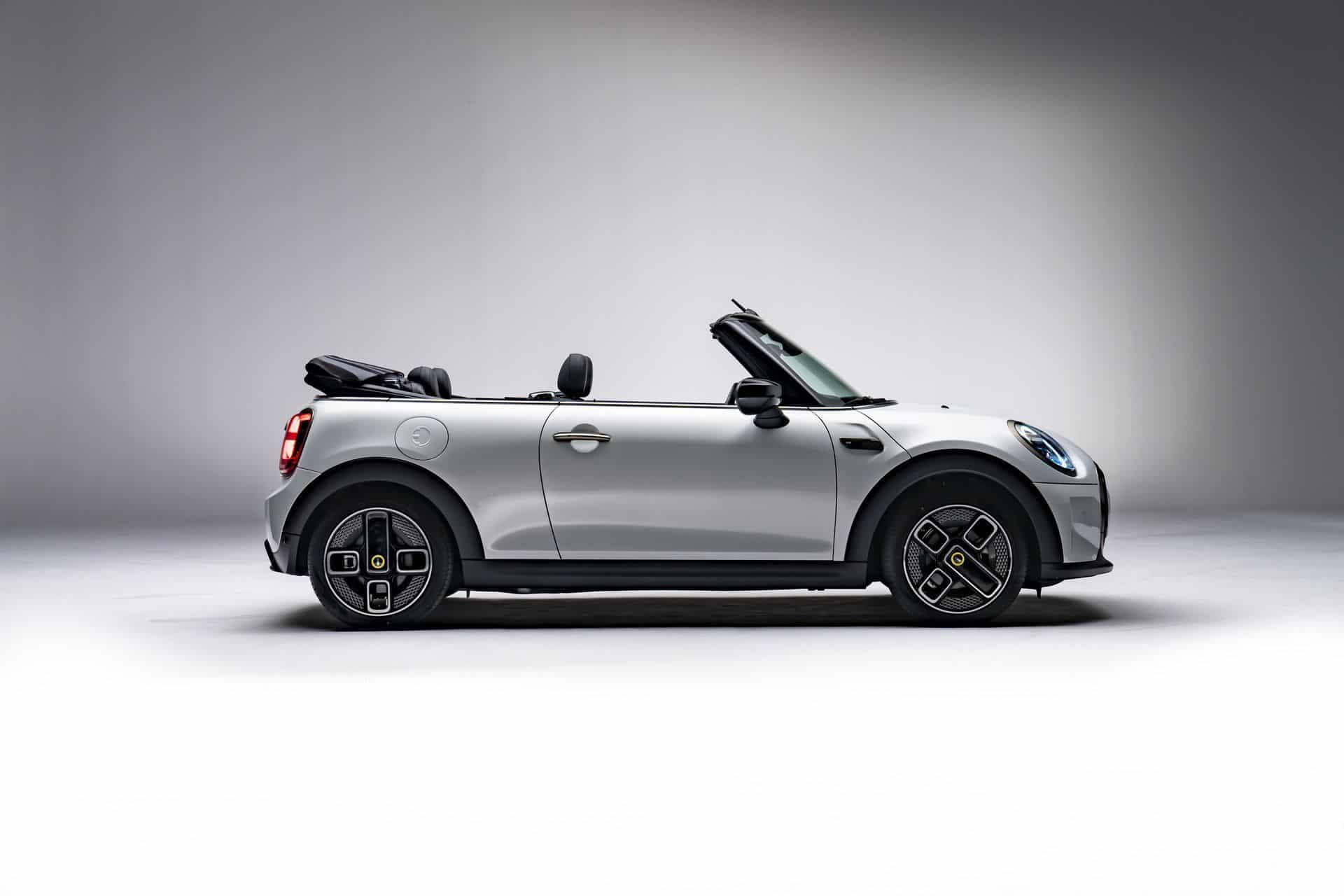
Adapting to a New Reality
In the face of this significant transition, VDL Nedcar v. The company plans to retain 450 employees, a strategic move to preserve its core expertise in anticipation of future contracts. These expectations are part of a broader shift towards becoming a “partner for sustainable mobility.” The move includes moving VDL Special Vehicles and VDL Bus to Born, as well as securing a battery manufacturing contract for BMW. In addition, talks are underway to manufacture electric trucks for German company Schaeffler, with production expected to begin in 2030. The move represents not only an adaptation to the changing dynamics of the automotive industry, but also a commitment to sustainability and innovation.
Community and Government Response
The cessation of vehicle production at VDL Nedcar not only impacted the employees, but also rippled through the local community and beyond. The announcement of the loss of 2,000 jobs shocked the entire city of Limburg and sparked reactions from local and national governments. Efforts are currently underway to mitigate the impact on affected workers and explore ways of economic diversification and retraining. This situation has also sparked a broader discussion about the future of mobility in the Netherlands, as was highlighted during the National Sustainable Mobility Conference in Utrecht. Although the community is nostalgic for the end of an era, it is cautiously optimistic about the plant's reinvention and the potential for growth in new segments of the automotive industry.
As the last Mini Cooper Cabrio exits the VDL Nedcar plant, it leaves behind a legacy of automotive excellence and a workforce poised for change. The transition towards sustainable mobility and the search for new opportunities reflects the resilience and adaptability of the Dutch industrial spirit. While the final chapter of car production in the Netherlands may have concluded, the VDL Nedcar story is far from over as it reimagines its role in the future of mobility.
Also Read: Mahindra Scorpio-N Z8 Select launched at Rs 16.99 lakh: What’s new
Neha Mehlawat
Neha Mehlawat is an automotive journalist and industry analyst with 10+ years of experience covering cars, bikes, and mobility trends. She tracks the latest launches, technology upgrades, and policy changes in the auto sector, delivering sharp insights that help readers stay ahead in the fast-evolving world of automobiles.
